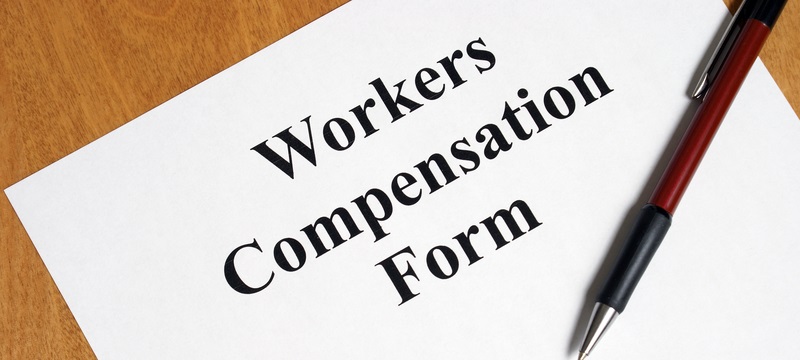Do I Have a Case for Workers’ Comp if I Didn’t Immediately File an Injury Report?
. Sometimes, a fall or strain that seems minor at first starts to feel worse as the days go by and the injury is left untreated. In other cases, a workplace injury is so disruptive to daily life it’s easy to overlook the necessary reporting that goes into eventually filing a successful workers’ compensation claim.
In either case, neglecting to report a workplace injury to your employer puts your claim at risk.
How should I report a workplace injury?
When you’re injured on the job, it’s best to report the accident right away. While Georgia doesn’t require a written injury report, it’s smart to get everything down in writing anyway, including:
- The date and time of the accident
- What you were doing when the accident occurred and where it took place
- How you’ve been affected so far
- Witnesses to the accident
Georgia requires that you report your injury to your employer within 30 days. This is in part to protect employers, giving them time to investigate accident claims while the conditions of the accident are still intact or while the incident is still fresh in witnesses’ minds.
Of course, the full extent of an injury sometimes only becomes clear after some time has passed or after the assessment of medical providers. But by simply reporting an accident, you’re not making a claim. If you’re truly fine the next day (and the next week or month), then great, you won’t need treatment, you won’t miss work and you won’t need to file a workers’ comp claim. If, on the other hand, your injury proves to be more serious than you thought, you’ve at least set up a solid foundation for your claim.
What happens if I already missed the 30-day mark?
If you decide you want to pursue workers’ compensation but you missed the 30-day notification window, your case will likely be at a serious disadvantage. There are a few exceptions, of course, but they tend to be tied to the most serious of injuries (for workers who were in a coma, for instance, or who were undergoing treatment for severe burns).
Work-related conditions or illnesses also obviously don’t always fall under the 30 day notification period, as they develop over time due to gradual exposure or repetitive action. In these cases, workers typically notify their employers after learning of the condition and its connection to their work.
But for more straightforward, accident-related injuries, insurance companies will often deny late claims. Denial doesn’t mean your case is completely over, however. It’s still worth contacting a workers’ compensation lawyer to discuss your options and consider the appeals process. Your employer may have known about the injury, if, for example, your supervisor witnessed the accident. Or your employer may have never posted required workers’ compensation rules, leaving you without the information you need to claim your rights.
Georgia Workers’ Compensation Attorneys
If you’ve been injured on the job, you need an Atlanta workers’ compensation attorney. Contact the law offices of Laura Lanzisera today for a free consultation.
